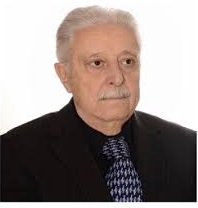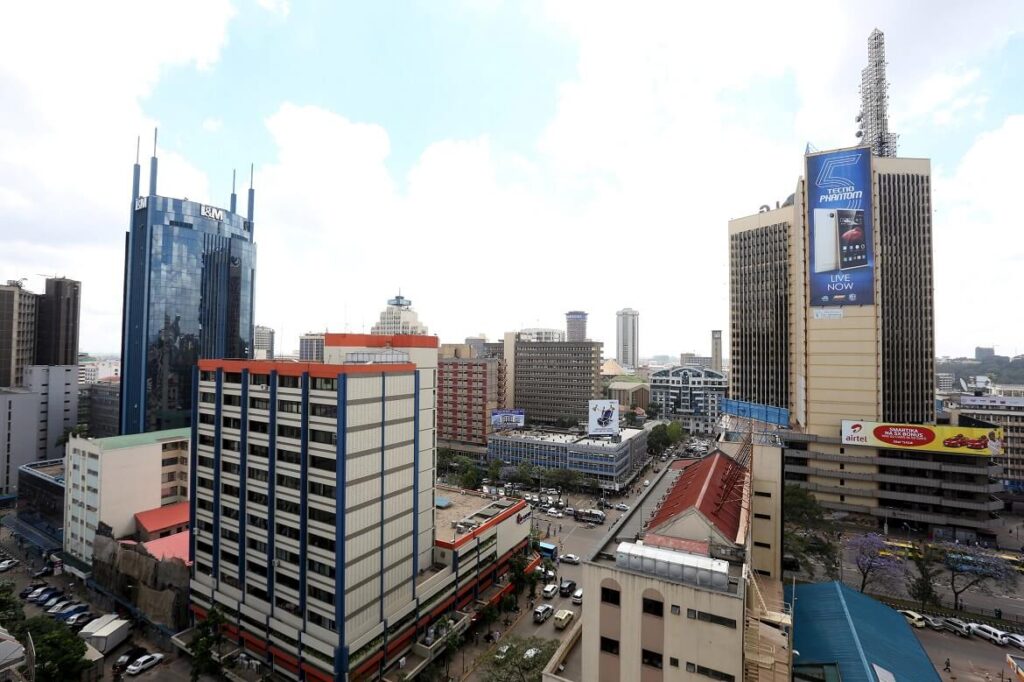The narrative concerning the underdeveloped countries, then renamed emerging, to justify the efforts made by the UN Agencies, after the 2nd World War, is homologated to the objectives of the dominant powers USA, China, and Russia, followed by Turkey.

Take the way Africa’s facts and events are reported: from storylines recalling the places of the movie Out of Africa, to tales homologated to the Development Agencies objectives. Half century ago, the Actors were old-fashioned people belonging to the past, currently the Protagonists are tough representatives of Stakeholders acting under the Partnership Flag: THE DEVELOPMENT.
But we aren’t sure it is an equal game. Because the continental counterparts of American & European Performers are the other face of the same coin; in other terms, the flow of resources is managed with the same standards.
Sponsors/donors/investors are going to African places for business, and this is a positive approach, on condition of not exploiting local people. We don’t say to have charitable behaviour that could even be a danger but to respect both viability and sustainability of the interventions. It is a fact that sometimes the granting policy has been sacrificed to meet political geostrategic choices.
In some way, the Continent is still a land of conquest and indeed the above-mentioned powerful Nations are fighting each other to seize the immense natural resources, and much more because they are in the meantime exporting culture and living style, which could put in danger Africa’s values, culture, and traditions.
Fortunately, there are African visionaries who have clear ideas for achieving development’s objectives, like the Nigerian tycoon and banker Elumelu, along with leaders who have decided to cut the links, and connections with the past that they don’t accept no more.
The new move has been confirmed at the Italy-Africa Summit held in Rome at the end of January, by Mr Moussa Faki, president of the African Union, voiced “Promises are not enough for us, moving from words to deeds”. It could be mentioned Mr Akinwumi Adesina, president of AfDB, Mr Ivo Arrey Mbongaya – director of the African Centre for Community and Development, Mr Lewis M. Ndichu, Director of research at the Centre for China Africa Policy (CCAP) and the list isn’t short.
In West Africa – Niger, Mali, Burkina Faso – the Generals took over the power via unjustified brutalities. In the East, the so-called Horn of Africa, people live unsafe days because of Countries’ rivalries, conflicts, competition, while in the Central equatorial Regions, vulnerability and safety are dominant situations and in the Southern Regions uncertainty is the dominant people status.
It is a continent where everything is questioned and what to do is still to be agreed.
The Italian Piano Mattei then handed over to the EU and renamed European Plan for Africa could be the appropriate vehicle to generate positive impact for both Africa and Europe; see: Africa’s problems and perspectives. A proposal.
By and large, looking back at the past, there are some parallelisms and in fact African people are living times already experienced by Europeans and, as history teaches, at the end of the tunnel there will be the light, on condition to be vigilant because the road to hell is paved by good intentions.
Currently, political instability is without doubt, the African Countries’ common denominator that could negatively affect the future that is already looming because of the huge debt.
Making investments is the correct answer but it couldn’t be viable on the grounds that the debtors’ Countries have to commit a consistent portion of the financial resources to pay back the accumulated debt (Kenya and others). On the matter we do share the former Italian Prime Minister, Mr. M. Draghi position: the debt couldn’t be bad, on condition to use it for durable investments, which produce enough income to repay it. However, even the creditor Countries are responsible because they have to verify the sustainability of granted credits.
A good step in the direction of sound decisions has been made with the conclusions of COP28 held in December 2023 although not all Participant Countries declared their satisfaction on the agreed compromise in the theme of climate change and people wellbeing.
This year there will be political and presidential elections in the below Countries: Algeria (presidential), Botswana (general), Chad (presidential), Comoros (presidential), Ghana (general), Mauritania (general & presidential), Mauritius, Mozambique (general), Namibia (general), Rwanda (general), Senegal (presidential), Somaliland (presidential), South Africa, South Sudan (general), Tunisia (presidential), Togo (parliamentary).
The outcome of the polls could provide new horizons and define new objectives. For sure, nothing will be as before.
Dr. Ascanio Graziosi – Owner of Innovative Financial Inclusion Solutions, a financial boutique providing Policy Decision-Makers and Private Clients with advisory services to enable a favourable financial environment and facilitate start-up and growth-up business. Dr Graziosi is a chief player in the arena of economic development. He has collaborated in Sixteen African Countries, out of twenty-four in three Continents, acting as Development Economist on behalf of international funding Agencies (WORLD BANK, FAO, UNDP, WHO, ITALY GVT, DANISH GVT, PRIVATE COMPANIES).
(The views expressed in this article belong only to the author and do not necessarily reflect the editorial policy or views of World Geostrategic Insights).
Image Source: Reuters







